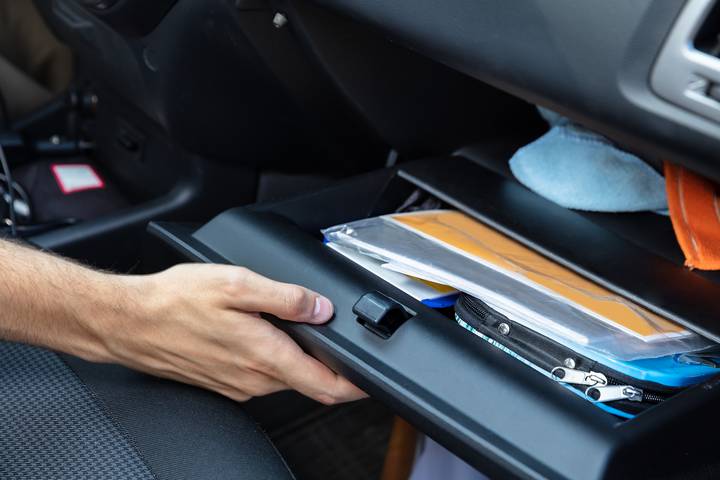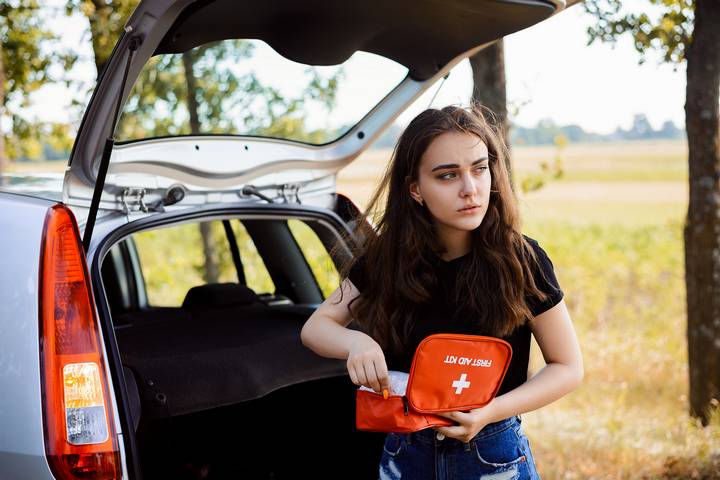How to Prepare for a Car Accident Before It Happens

Knowing what to do before something happens is preparing, which takes foresight and planning. Taking first aid training or keeping batteries and candles on hand in your home is a good example of this, but you may not have considered anticipating a car accident.
While it’s impossible to predict a collision with another vehicle, you can be ready to jump into action if it happens, and this empowers you to protect yourself from serious injury and financial distress.
Do you know how to prepare for a car accident before it happens? Here are some great planning tips.
Keep Important Information

While some car accidents are just fender benders, you may have a serious collision that sends you to the hospital and could even leave you unconscious. This puts more pressure on emergency staff to gather necessary personal and medical information to better take care of you.
Have an information sheet in your glove box that details important details and facts so if you are incapacitated, they have what they need. This should include:
- Current medication list
- Primary care physician
- Any medical conditions and allergies
- Insurance provider
The faster emergency providers can get this information, the better it is for you when injured in an accident.
Collect Scene Information

When you are involved in an accident, you can be confused and out of sorts, so it is difficult to remember what you should gather for evidence. Creating a checklist at the scene is vital for getting key information that may help with the investigation and potential damages awarded.
Your checklist should include documenting:
- Time of day
- Location of accident
- Weather conditions
- Speed at the time of the crash
- Location and presence of traffic signs, stoplights and crosswalks
- Make, model, colour, year and condition of all cars involved
In addition, you should consider:
- Witness reports
- Other driver’s information
- Their insurance provider
- Names of passengers in both vehicles
- Space to write down the police report number and the attending officer’s name and badge number
This information collected at the scene will help your motor vehicle accident lawyer get a fair settlement if you need to file a compensation claim.
First Aid Course

Knowing first aid can save lives, and you can treat your injuries and passengers in both vehicles if necessary. This is training that you hope to never need, and a first aid course will only take you a day or two to complete. These skills will serve you well throughout life, specifically in a collision.
Prep Your Car for an Accident

Some accidents occur in the cold of winter or heavy rain, and you don’t want to be exposed to the elements, especially when injured. You can create an emergency kit in your car, which should be within arm’s reach without getting out of the vehicle. A tote bag should do it, and you can pack in:
- Energy bars
- Bottled water
- Flashlight with extra batteries
- Cell phone charger
- Power bank
- Change of clothes
- Extra sweater or hoodie
- Toque and gloves
- Blanket
- First aid kit
Place this bag behind the passenger seat and have an emergency kit in the truck with jumper cables, a tool kit, hazard markers and another flashlight.
Subscribe to Roadside Assistance

This is another service you hope you never need, but a lifesaver if you have an accident. Some accidents involve your vehicle as you may slide off the road or a barrier, and no one knows you are there. You need to be able to contact someone for assistance with your car with a mechanical issue or even a tow.
Keep this number programmed into your phone so you can contact them fast and ensure your policy doesn’t lapse, leaving you without any coverage when you need it most.
Have Your Phone Handy and Charged

Cell phones have changed the way we live, and they serve as an instant communication tool when involved in an accident.
You can call for emergency services, report a hit and run and contact loved ones immediately. Your phone is also a camera for both pictures and video, so use it to visually document the crash site. You can also write down notes or dictate to a voice recording to retain information while it is still fresh in your mind. Keep your phone in a holder near you while driving, and make sure it is always charged up.
This is how to prepare for an accident before it happens. The more ready you are, the better you will react when an accident occurs. Follow these planning tips and take charge after an accident, equipped with everything you need to protect yourself and others involved.


